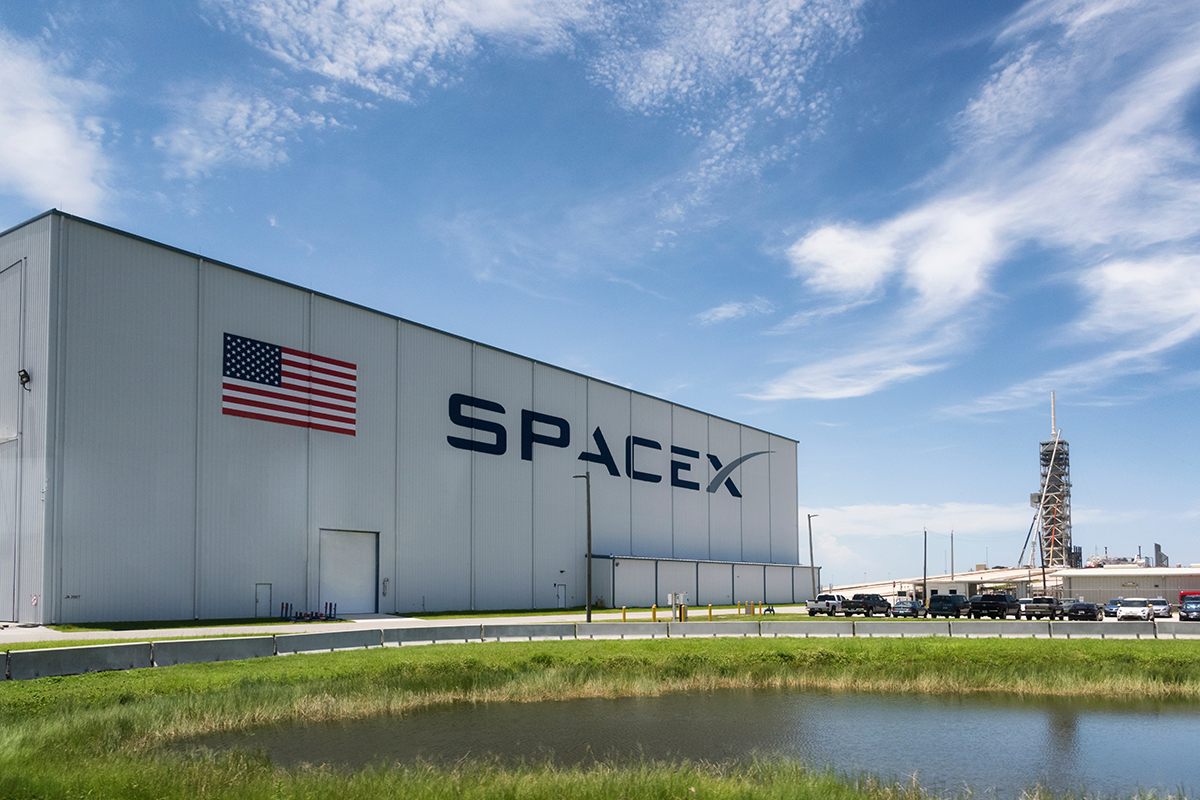SpaceX, helmed by Elon Musk, has initiated a legal action against the U.S. Department of Justice in a Texas federal jurisdiction, contending the unconstitutionality of the DOJ’s allegations of hiring bias.
This legal move by SpaceX follows the recent lawsuit by the DOJ, accusing the space exploration company of biased hiring, particularly against refugees and those granted asylum in the U.S. The DOJ’s original suit was lodged within its immigration adjudication division, whereas SpaceX chose the Southern District of Texas, spotlighting a significant disagreement in their approach.
In a recent statement, the law firm representing SpaceX, Akin Gump Strauss Hauer & Feld, articulated, “SpaceX has consistently maintained a non-discriminatory hiring stance, actively recruiting top talents irrespective of their nationality. Our records show employment of numerous noncitizens.”
The legal document from SpaceX cites three primary defendants, with U.S. Attorney General Merrick Garland among them.
A central issue in this litigation pertains to the regulations governing hiring personnel in military technology, given the sensitive nature of rocket and spacecraft technologies governed by International Traffic in Arms Regulations and the Export Administration Regulations.
The claim emphasized that “Every SpaceX staff member is privy to data and tech governed by these legal frameworks.”
Established in 2002, SpaceX’s workforce spans over 13,000 individuals nationwide. The company highlights its inclusive hiring, referencing the employment of “numerous noncitizens, including those not categorized as U.S. Persons under ITAR.”
The company underscored its commitment to attracting the brightest talents: “Our recruitment drive remains focused on seeking the industry’s best.”
SpaceX also shared some hiring metrics, noting that their job listings usually receive over 90 applicants, with engineering roles attracting more than 100. The selectivity of SpaceX’s hiring process rivals that of the country’s top-tier educational institutions, with a mere 1% of applicants securing a position.
The DOJ’s scrutiny of SpaceX’s hiring practices dates back to June 2020, initiated by a discrimination complaint from a non-U.S. national.
As this legal battle unfolds, the broader implications for hiring practices within the tech and space industries will be keenly observed. Both SpaceX and the DOJ stand firm in their respective positions, raising questions about the intersection of national security concerns, immigration policies, and corporate hiring. With the spotlight on these high-profile entities, the outcome may set a precedent for future cases, influencing hiring dynamics in sectors where cutting-edge technology and international talents converge.







